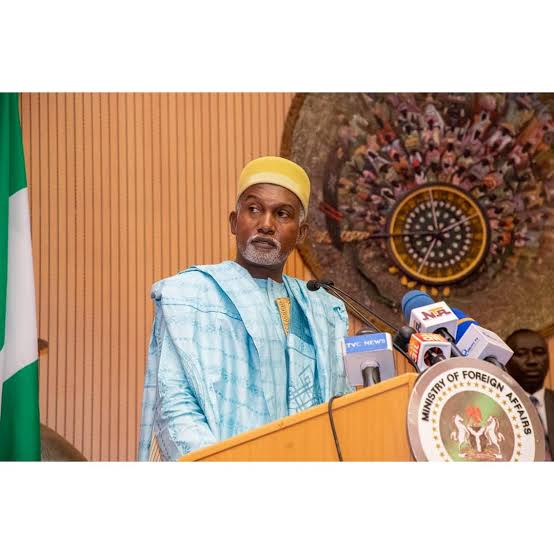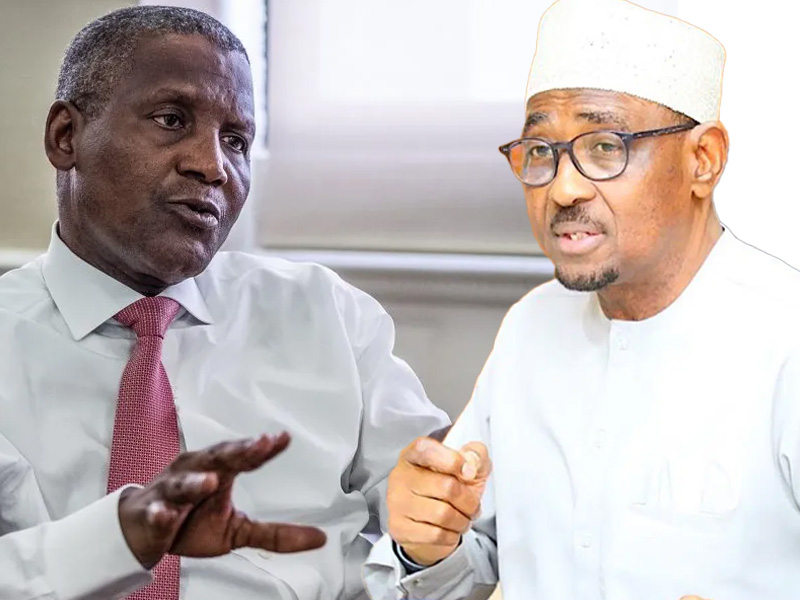The Exploitation Of Faith: Religion And Governance
Posted on July 6, 2025

Throughout history, religion has been used to promote violence, divisions, slavery, exploitation, wars and land grabbing, which makes the relationship between faith and governance a complex issue. While faith can provide a moral framework for leaders, it can also be used to justify actions that undermine accountability and transparency. In most cases, religions are fine-tuned to work in favour of the people in power and religious leaders at the detriment of the public.
Religion as a tool, in some angles, supports corrupt governments by promoting a narrative that encourages people to wait for divine intervention rather than holding leaders accountable for their actions. This leads to a lack of scrutiny and oversight, allowing corruption and incompetence to fester.
Some ways in which this can occur include: a) The belief that events are predetermined by an unseen higher power: This leads to a lack of personal consciousness to demand accountability. b) Religious rhetoric: This is used as a tool for moral justification by corrupt leaders to justify their actions and claim moral legitimacy. c) Emphasis on spiritual salvation: this can distract believers from pressing earthly issues, such as corruption and poor governance.
The above stated negative religious impacts on the public will make corrupt leaders feel less inclined to act with integrity, knowing that their actions are not being scrutinized. They disempower the populace and make them feel less to demand change, believing that their fate is predetermined, which makes corruption and incompetence become deep-seated, as leaders feel no pressure to reform.
More so, intersection of politics and religion is linked in a complicated manner, with both sides influencing each other in various ways. One aspect of this relationship is the financial ties between politicians and religious leaders. Politicians ignore the exploitative engagements of religious leaders and provide financial support to them or their institutions, which creates a sense of obligation or loyalty. It sometimes makes religious leaders to publicly endorse politicians or parties in order to influence their followers’ voting decisions. Religious leaders play a role in shaping public opinion and calming social unrest in favour of politicians who may be facing criticism or opposition.
The relationship between politicians and religious leaders can contribute to social stability. On the other hand, it is commonly used to maintain the status quo and suppress dissent.
The following are key considerations to mitigate religion’s negative influence:
i) Critical thinking: we should encourage citizens to think critically about the information they receive and the actions of their leaders. When a claim becomes the sole source to justify the claim, it becomes questionable, as religious books or narratives remain the only sources to justify their religious claims.
ii) Activism: we should support activism and civic engagement to promote awareness, accountability and transparency.
iii) Separation of faith and governance: We must demand a governance system that is based on secular principles and the rule of law, rather than religious doctrine.
iv) Financial ties between politicians and religious leaders should be transparent to maintain public trust. And we must discourage the wasting of public funds on religious projects for it is a mispend in its entirety.
Note: Religious claim is not a legal claim. As such, does not grant right. Believing is assuming something you don’t know, for faith is not fact.
– Ambassador Ezewele Cyril Abionanojie is the author of the book ‘The Enemy Called Corruption’ an award winner of Best Columnist of the year 2020, Giant in Security Support, Statesmanship Integrity & Productivity Award Among others. He is the President of Peace Ambassador Global.
Categorised as : Opinion
No Comments »
Related posts













